This is my entry for the #BeautifulSunday challenge, initiated by @ace108. Thanks, my friend!
And I'm also posting today inspired by #SublimeSunday, a tag from @c0ff33a! Thanks!
Today I'm writing about a special place: the Blue Mansion, in its original name called “Cheong Fatt Tze Mansion”, located in George Town's UNESCO World Heritage Site, in Penang, Malaysia.
#malaysiatrulyasia
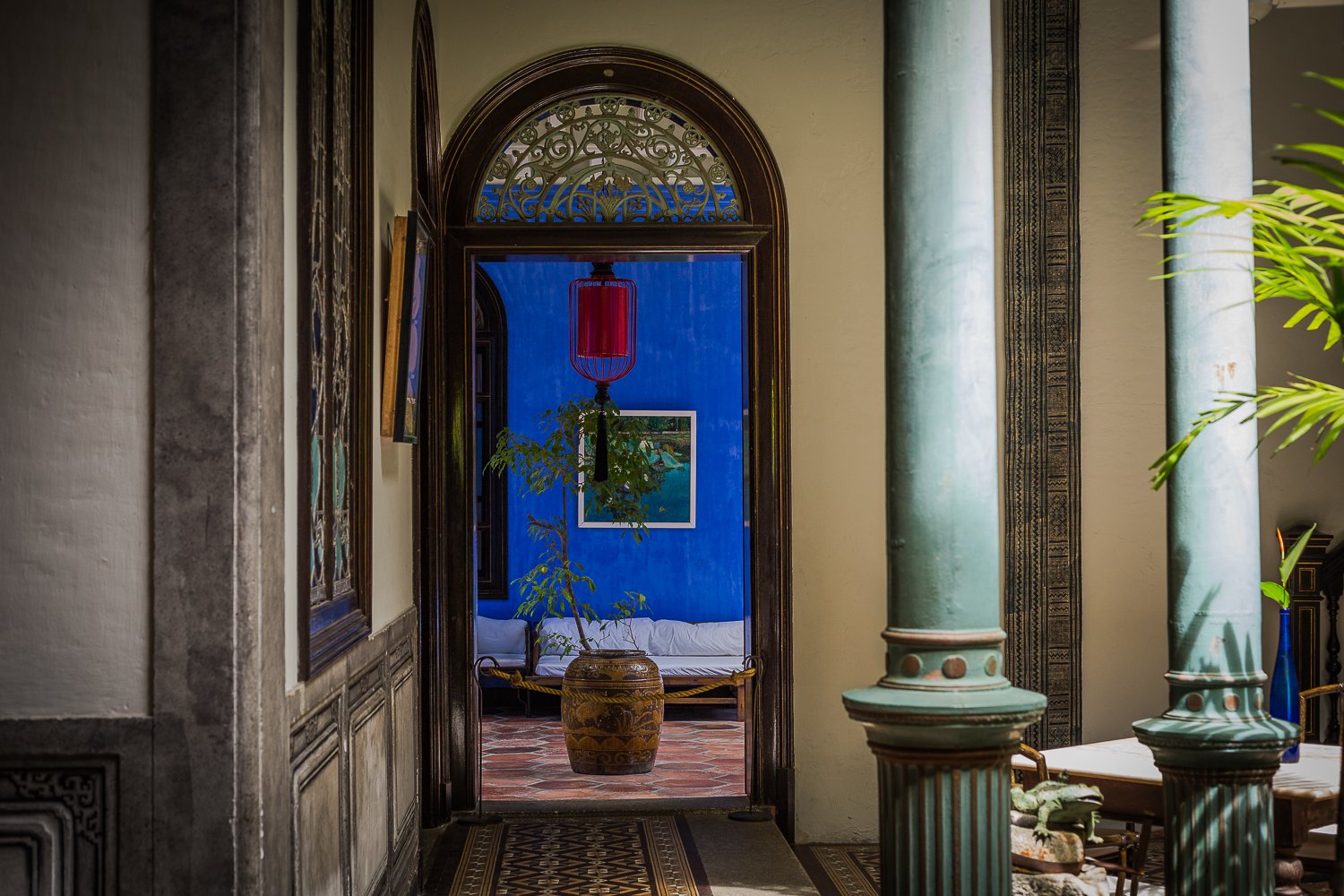
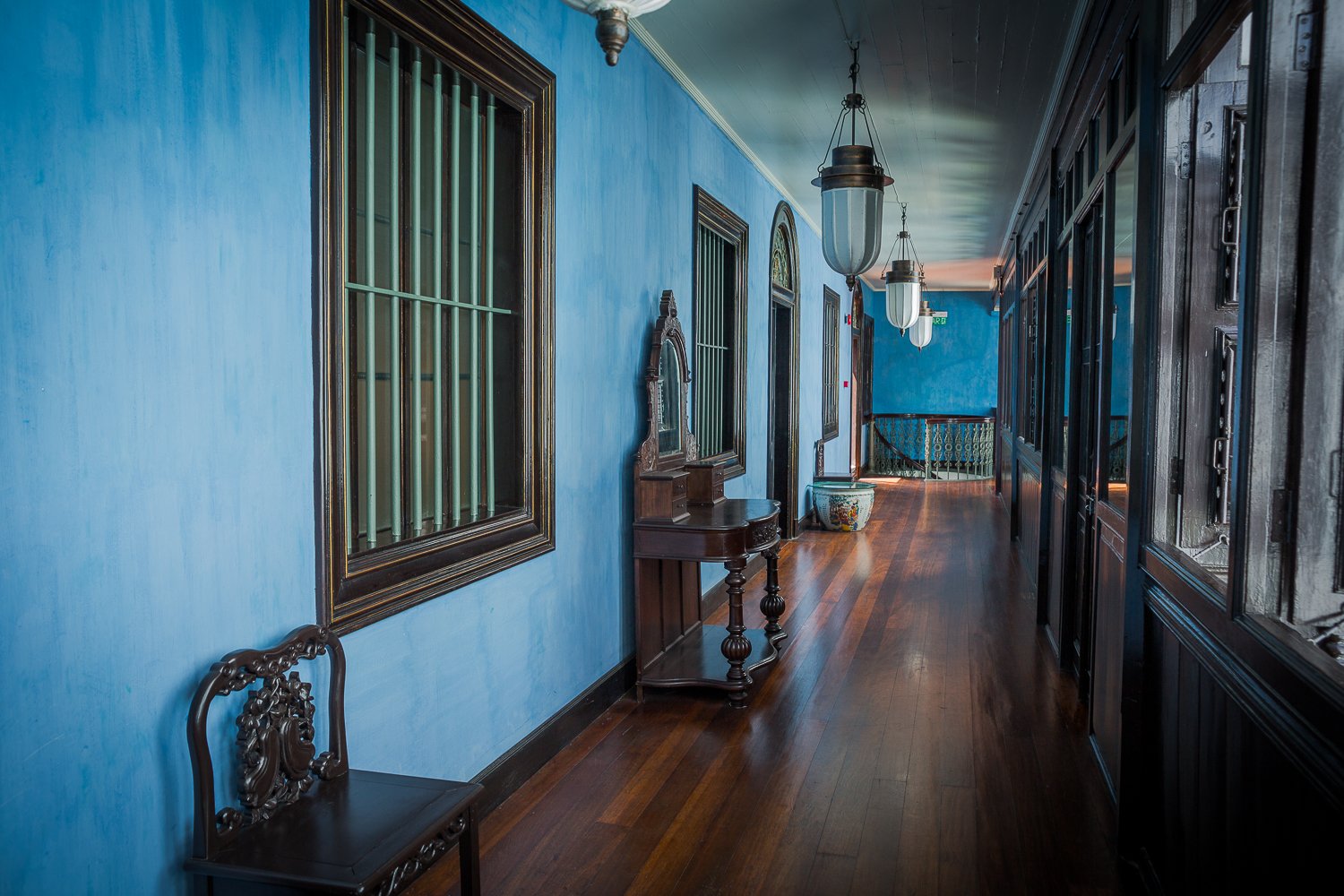
The Mansion owes its most popular name due to its wonderful índigo blue color. Today, is a boutique hotel, the one I choose when traveling, as a solo traveler, this absolutely must-visit heritage place when one travels to Malaysia.
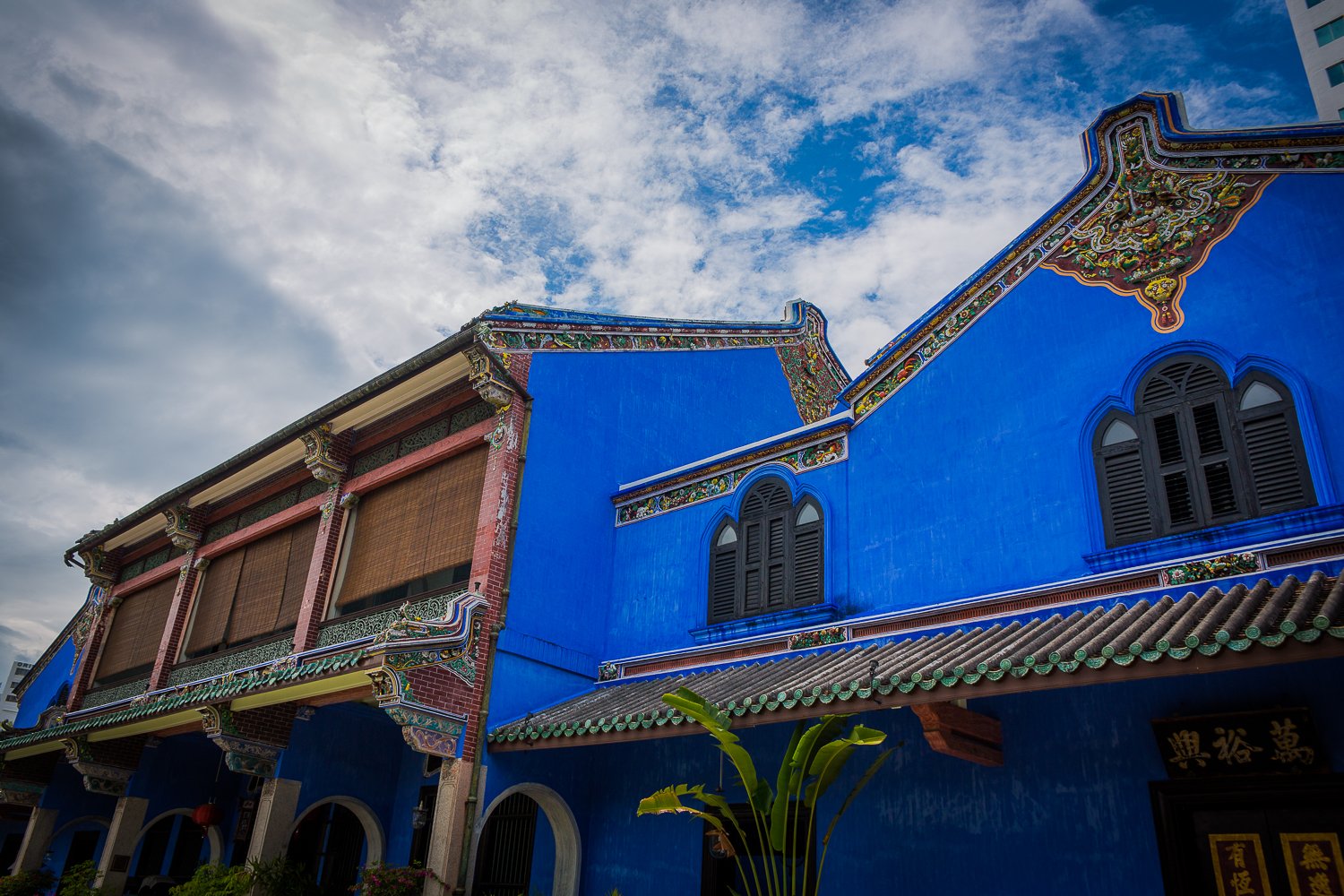
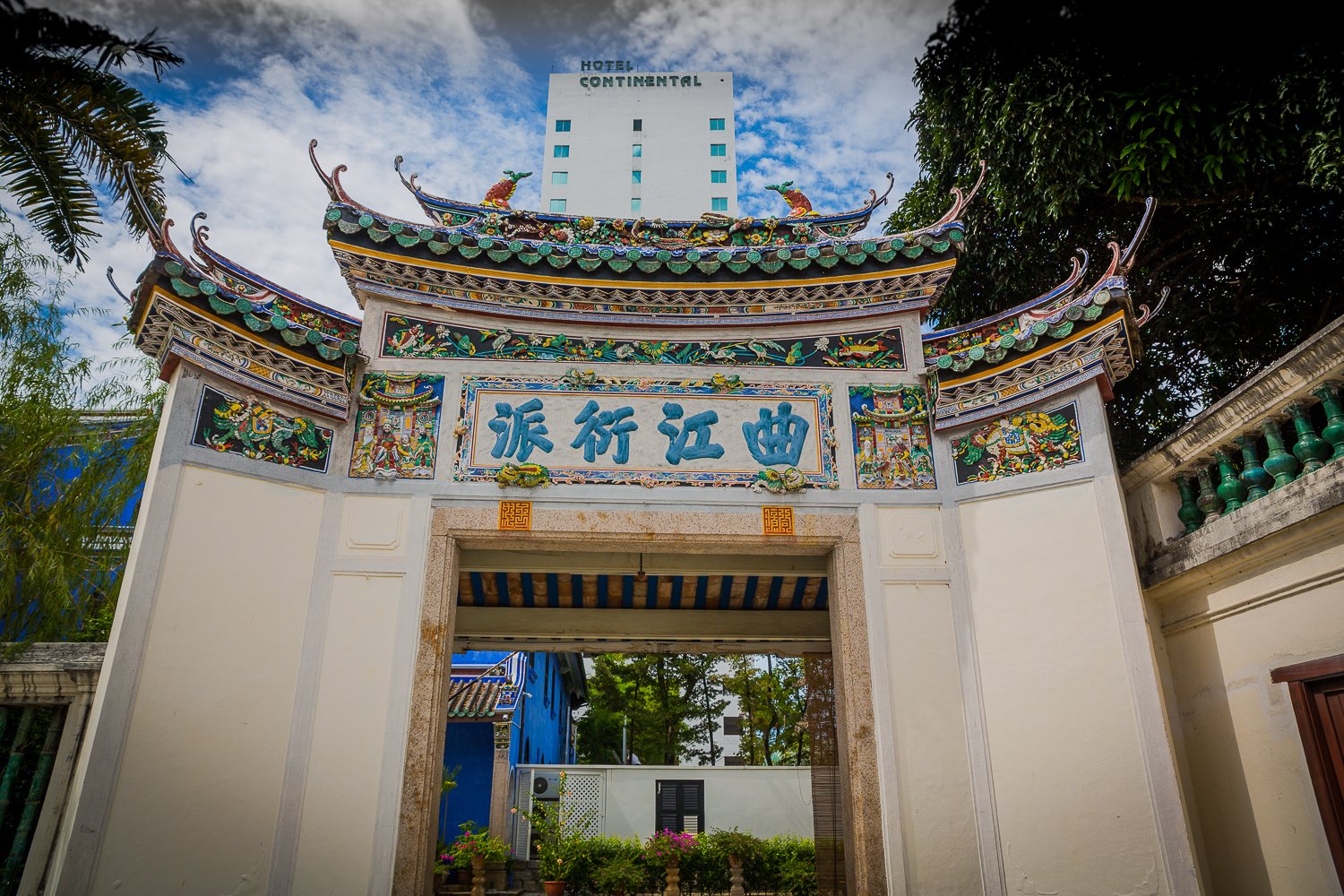
It was built by Cheong Fatt Tze, a Chinese merchant at the end of the 19th century, and its exquisite and rich architecture, all made of noble materials, is a mix of Chinese and Western styles. Features of the house include Gothic windows, Chinese cut and paste porcelain work, Stoke-on-Trent floor tiles made of encaustic clay in geometric pieces all shaped to fit a perfect square, Glasgow cast iron works, and Art Nouveau stained glass Windows. Also, the mansion was originally built under the principles of Feng Shui.
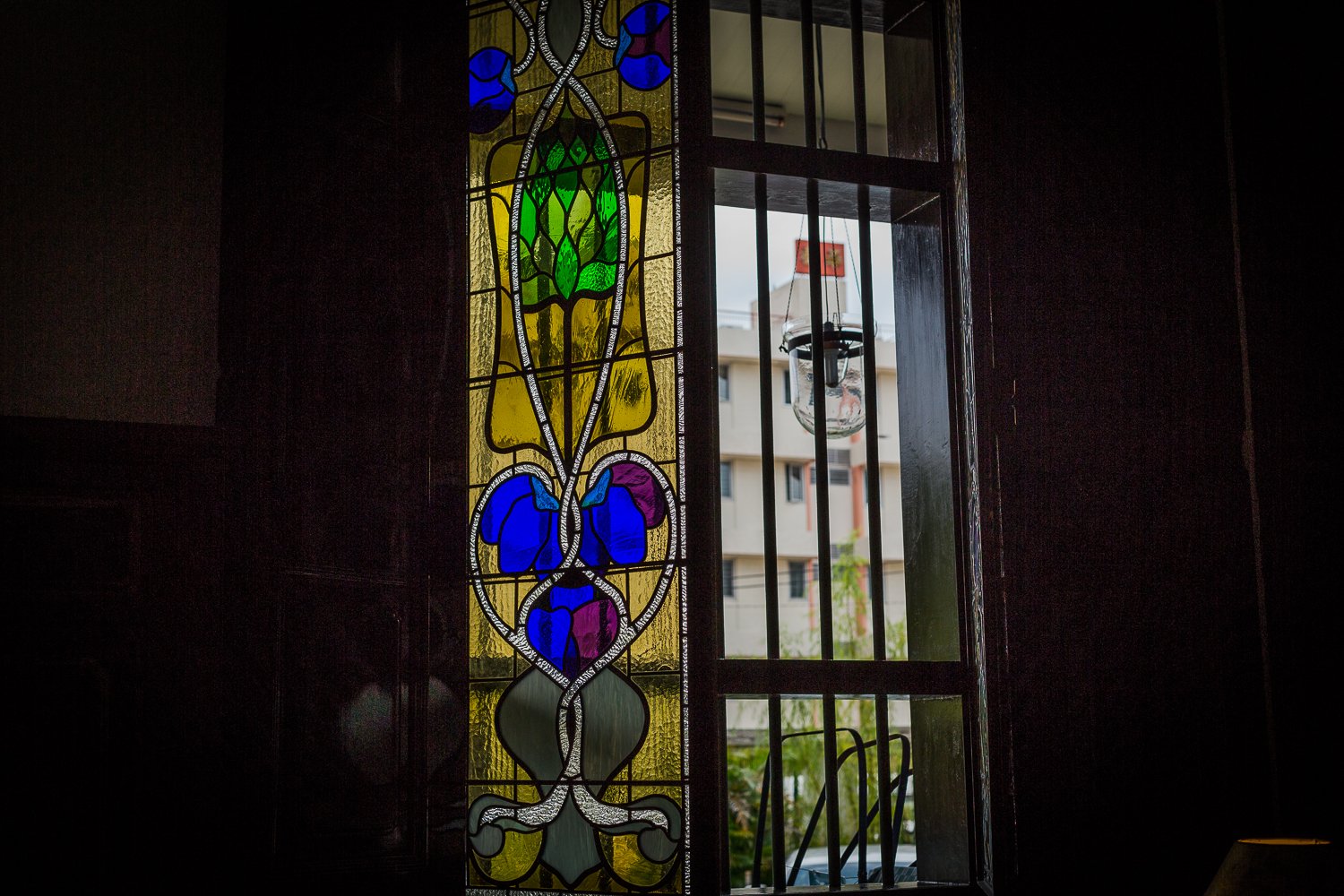
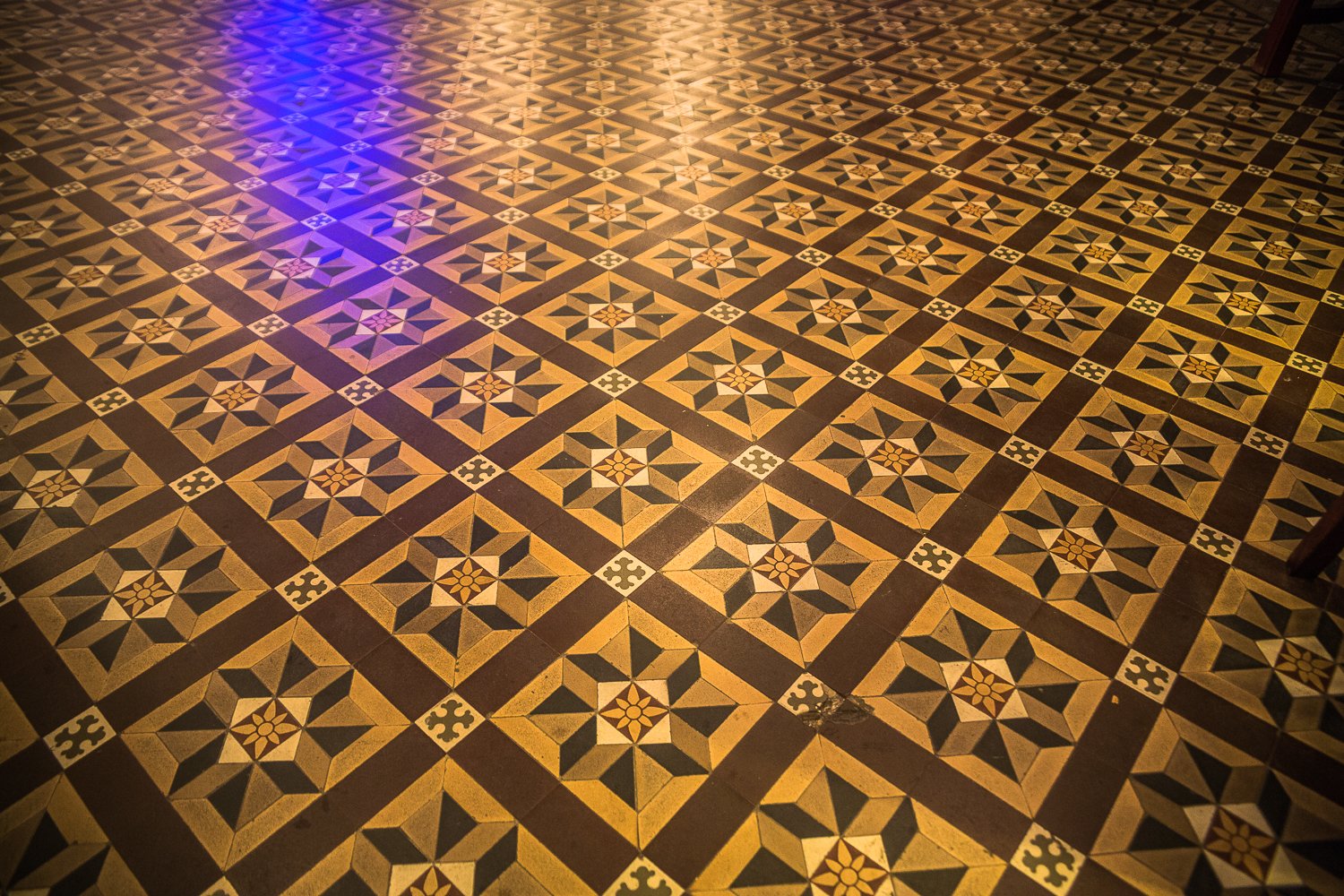
It was restored and know is a heritage building protected by the Government, and a museum open to visitors, but guests can visit it for free, with a tour guide, which, of course, I did.
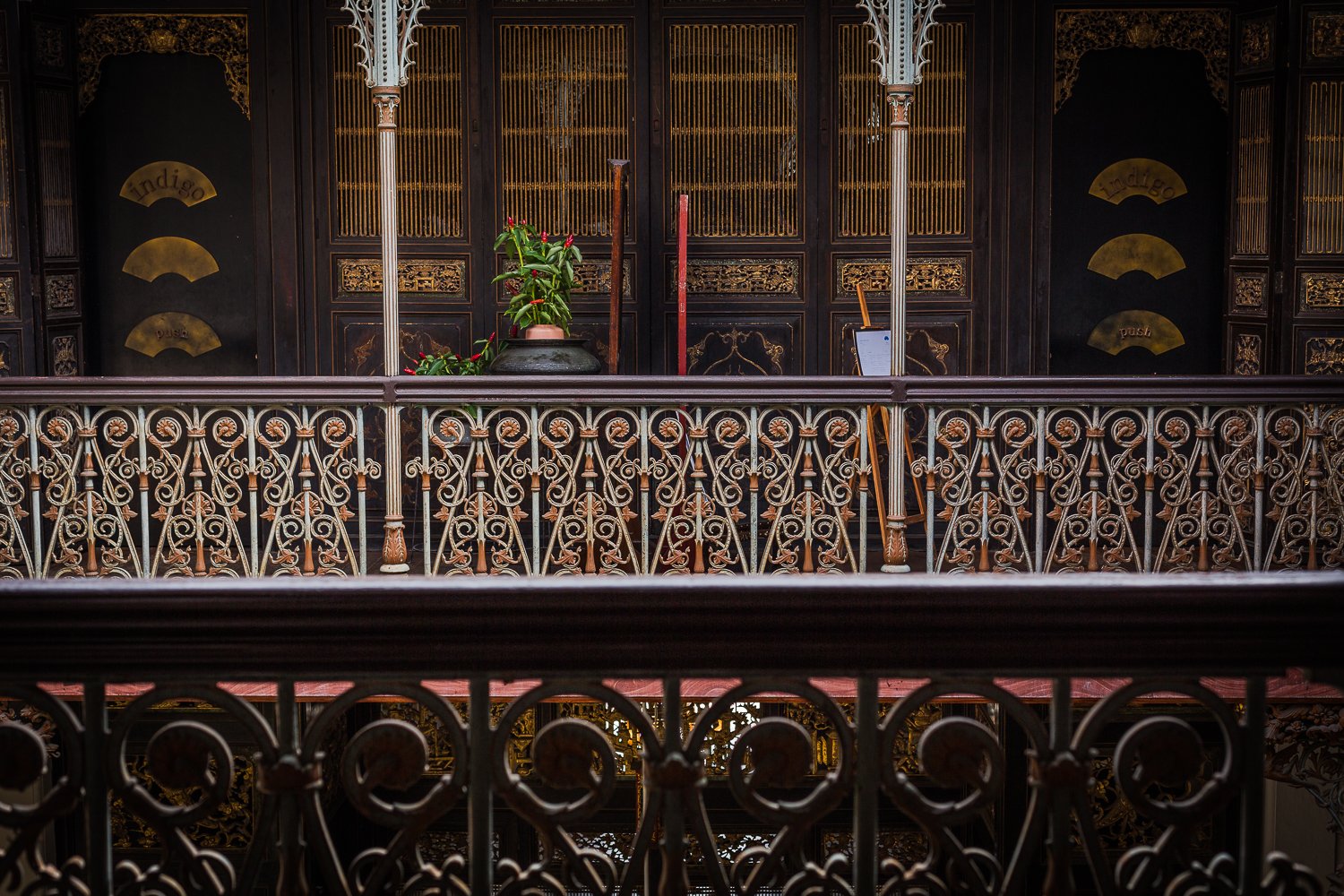
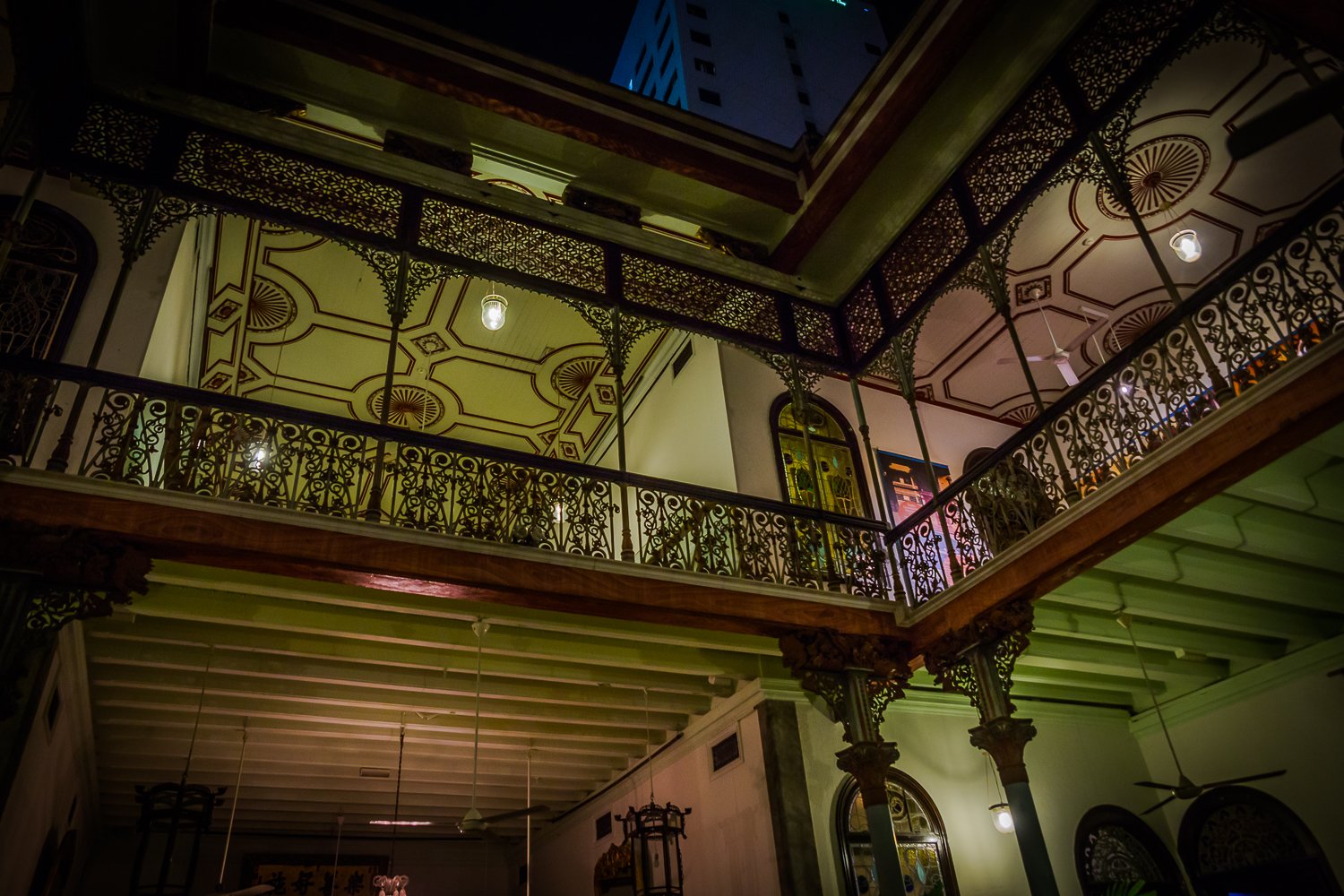
In the tour, I learned that the Mansion has been featured in various movies, like the Oscar-winning French film "Indochine" starring Catherine Deneuve, "The Red Kebaya", "Road to Dawn", "3rd Generation" and the critically acclaimed "The Blue Mansion" ( ) in 2009 by Singapore director Glen Goei of "Forever Fever# fame.
) in 2009 by Singapore director Glen Goei of "Forever Fever# fame.
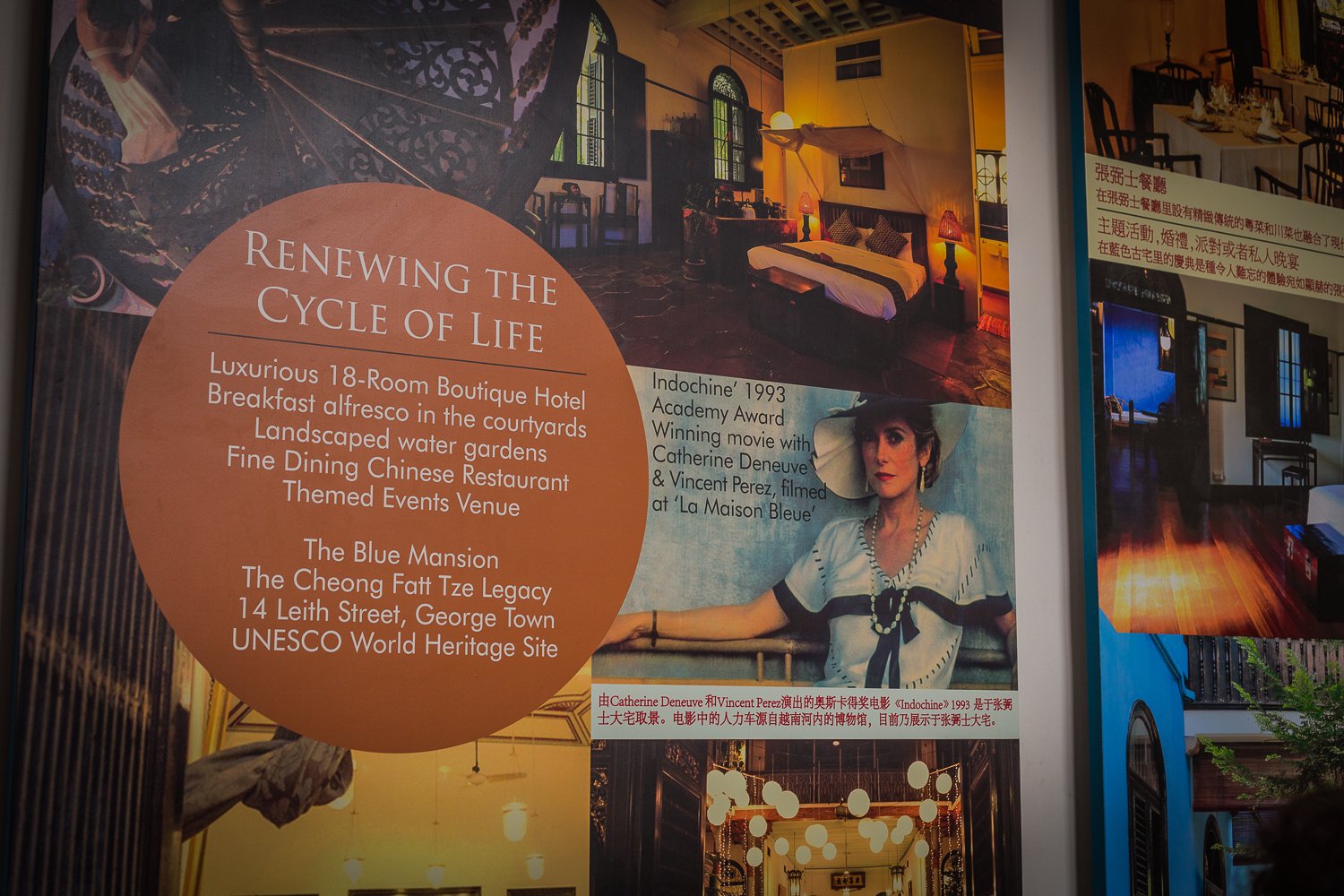
Wow! Isn’t it amazing? I’d never guessed I would be visiting any places that served as movies sets locations during my travels around the world! (see this last post for more: @nolasco/all-movies-that-were-filmed-in-ait-ben-haddou-ouarzazate-morocco-beautifulsunday-and-sublimesunday)
The museum exhibits some materials used in the building and in the restoration, as well as some antiques, pieces of decoration and outfits that Cheong Fatt Tze and his wife wore in special occasions.
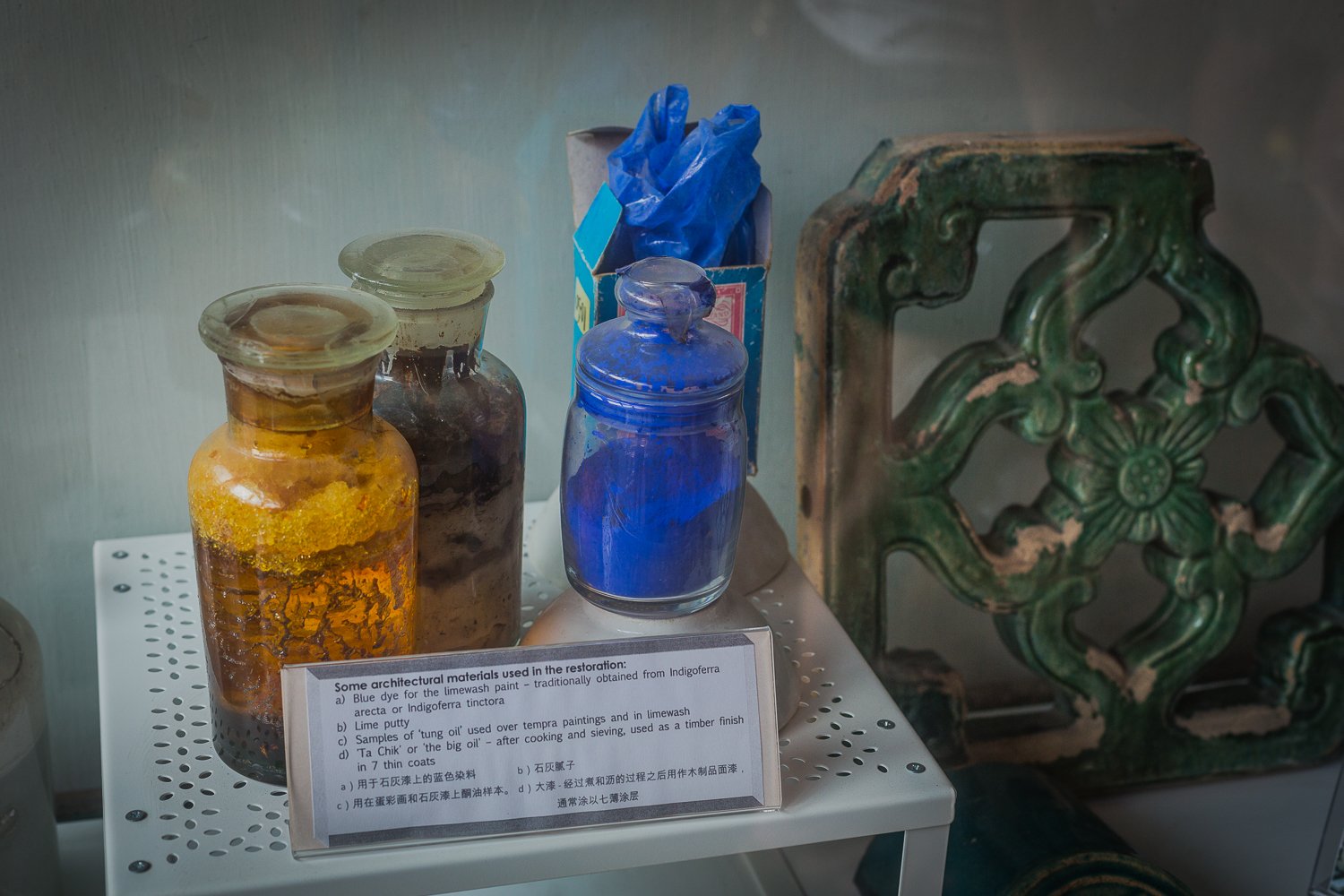
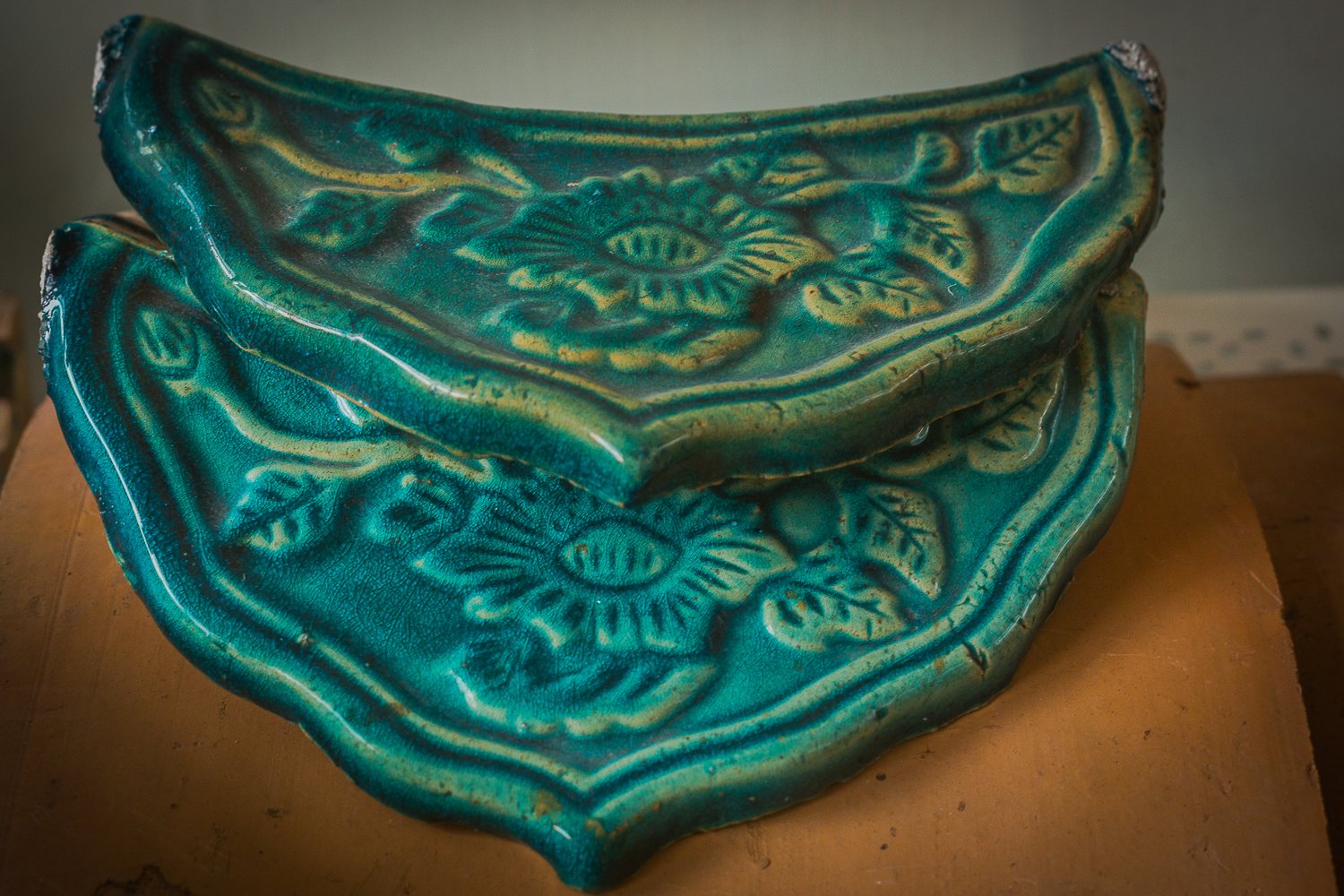
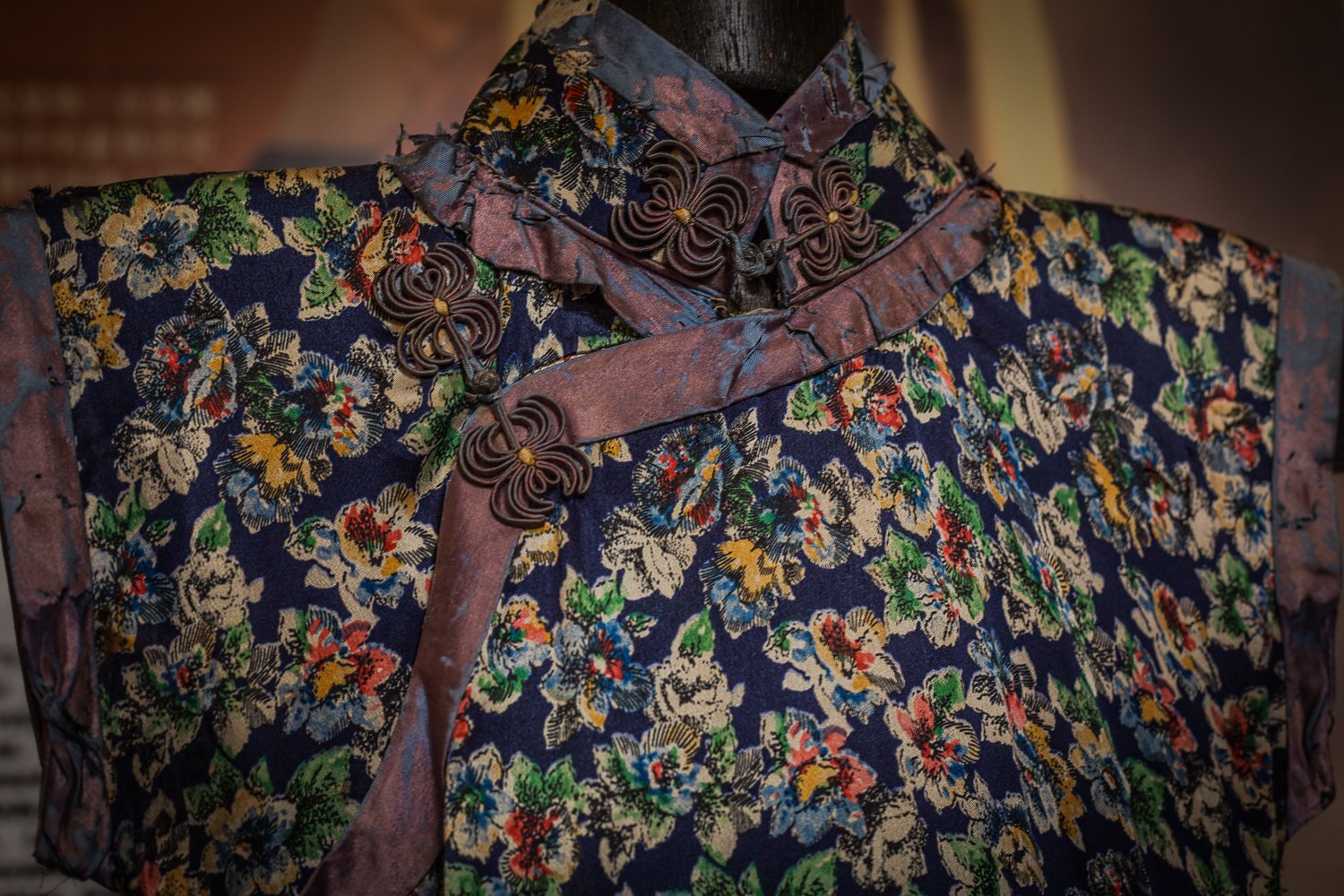
I also learned that the merchant created his own wine brand, also a surprise for me, as Chinese are not, as far as I knew, traditionally known in the winery business. Well, now, the winery he created is among the 10 largest wineries in the world!
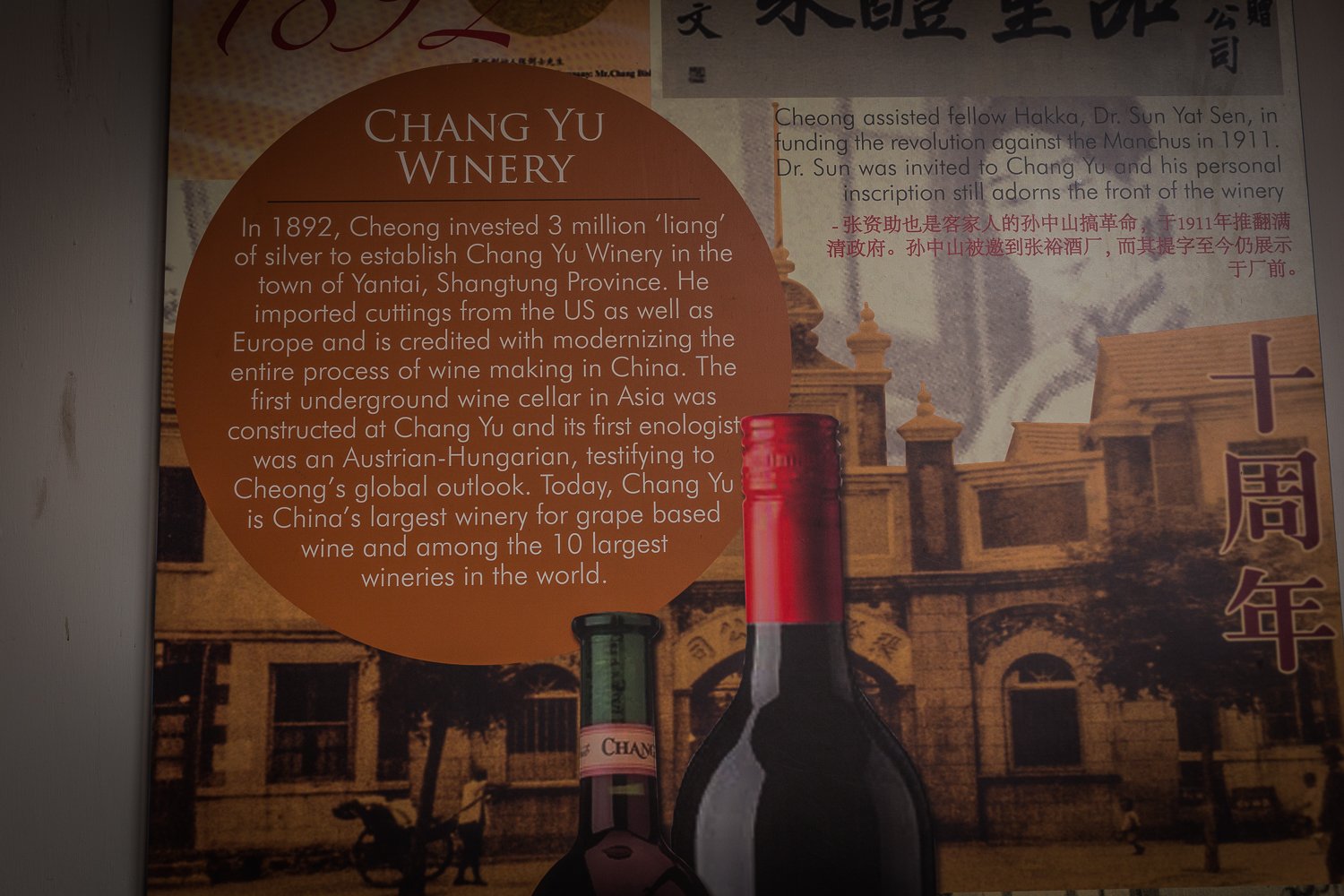
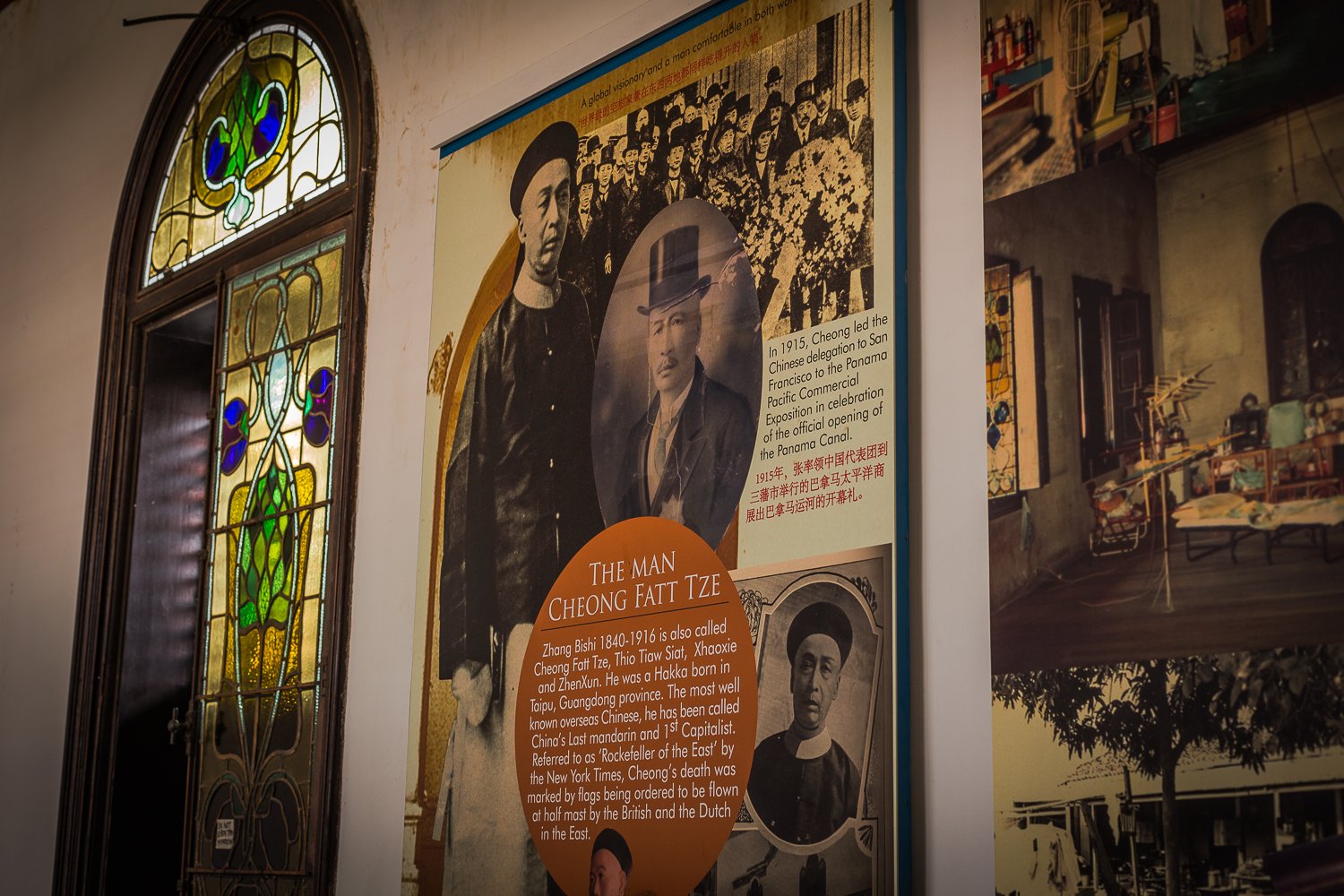
He was a man much ahead of his time, a fortune seeker that built an empire: he also invested in banks, glassworks, cattle, and textile. As his empire grew, Cheong began operating steamships, eventually inaugurating a trans-Pacific shipping line between China and the United States.
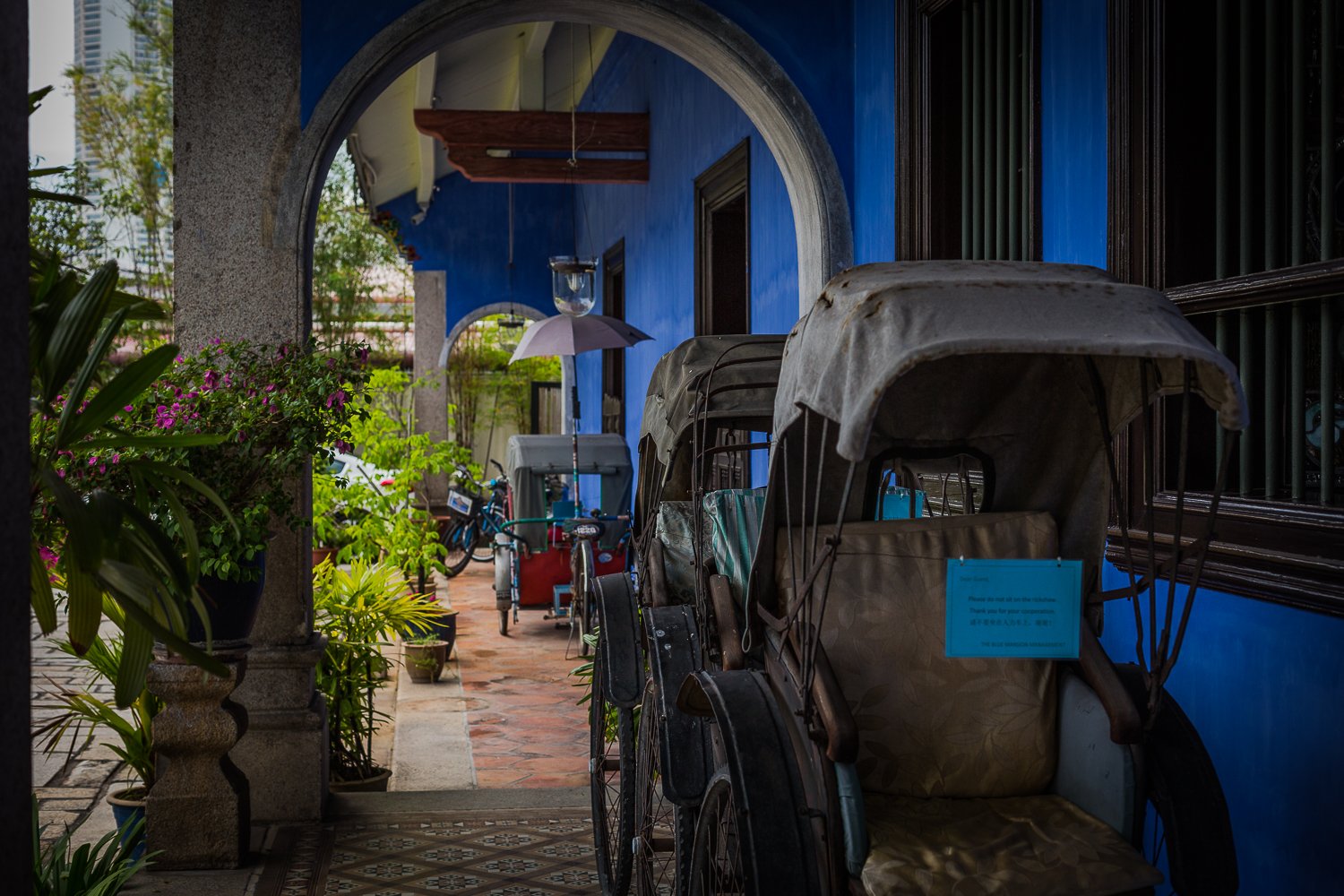
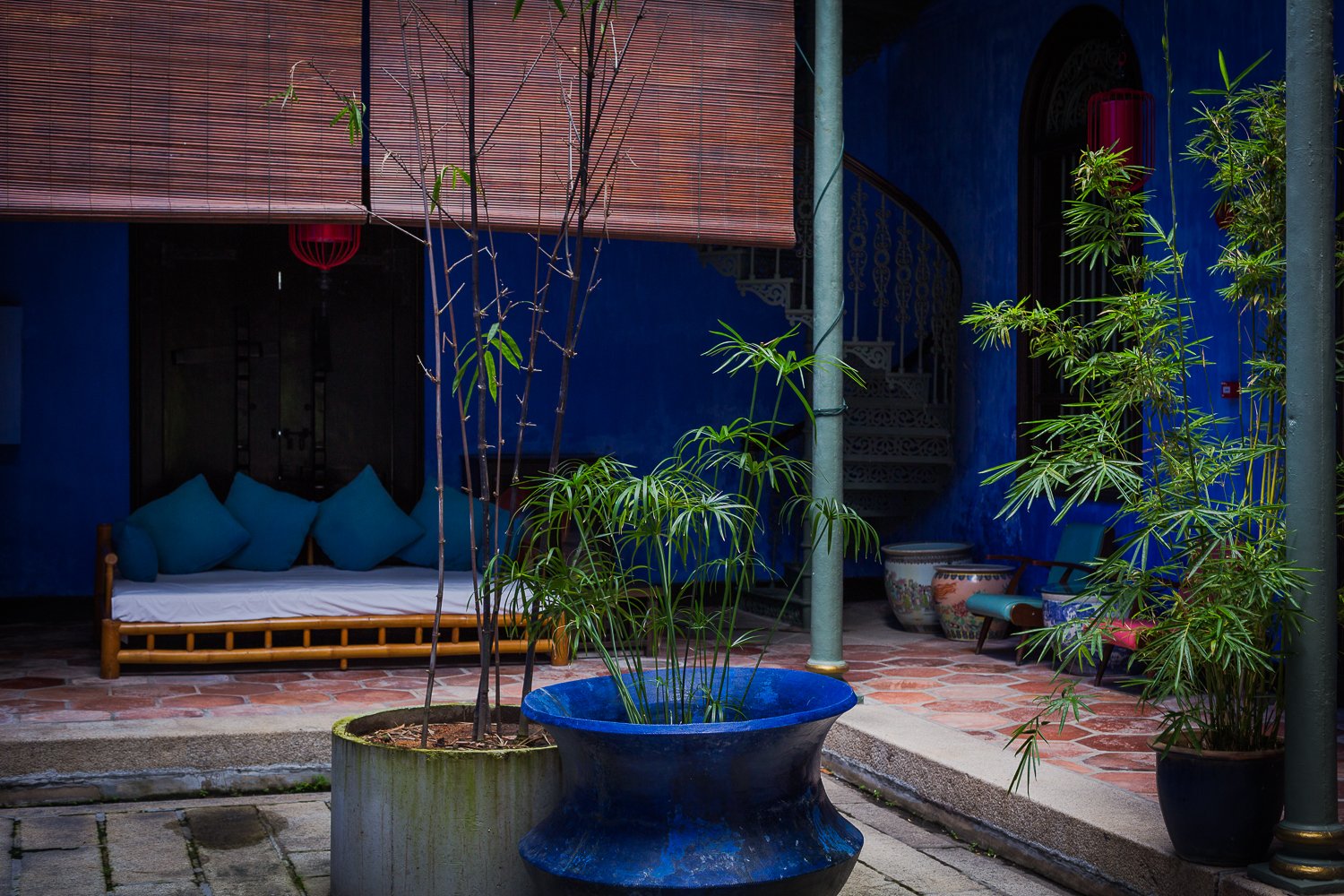
Original text, based on the sources (and some excerpts): Wikipedia and https://www.cheongfatttzemansion.com/
All photos were taken by me.
I hope you all enjoyed the visit :)
Thanks, @ace108 and @c0ff33a :)
Have a great Sunday, my friends!
Hippiesoul @nolasco
Isabel
www.isabelnolasco.com



